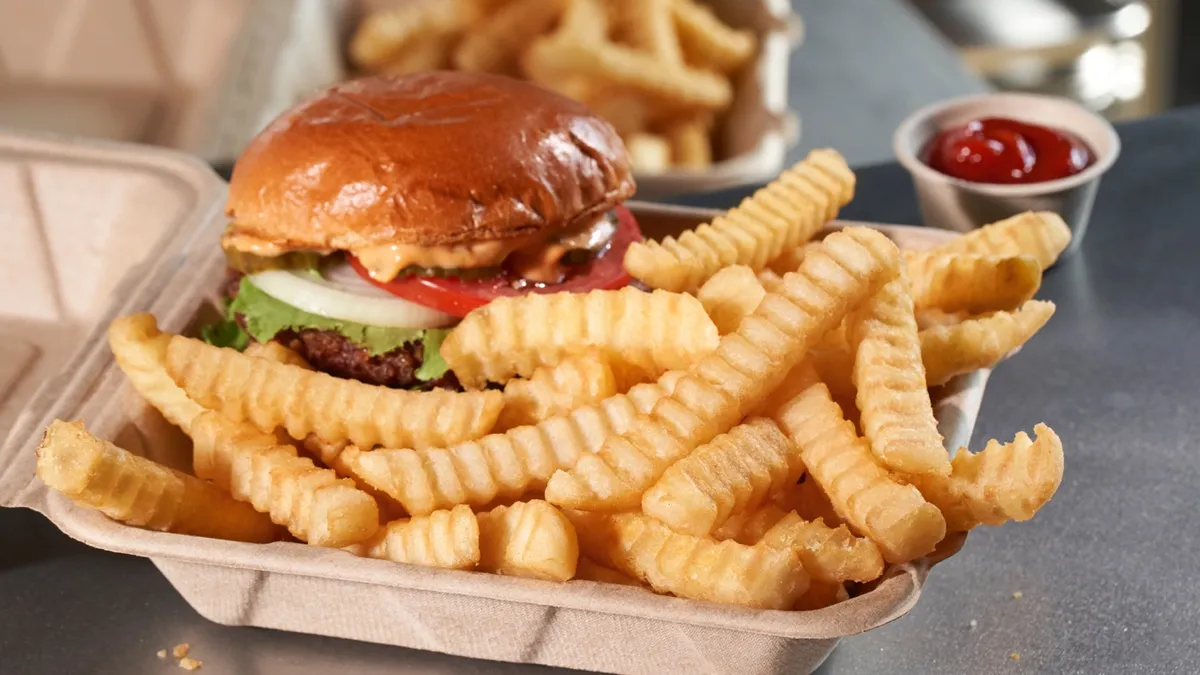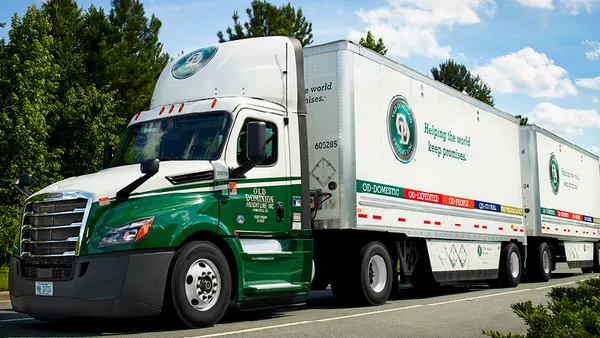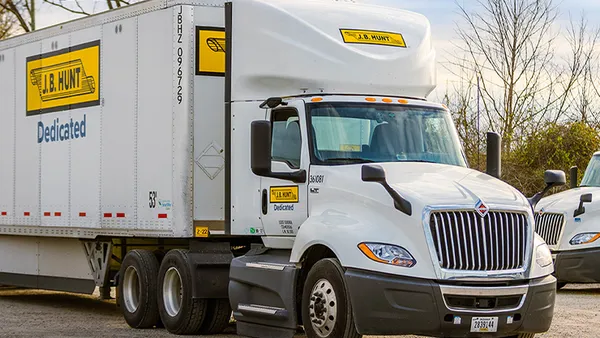Dive Brief:
- Lamb Weston slowed production line speeds to accommodate lower-quality potatoes following a poor harvest last fall, increasing the company's cost per pound, CFO Bernadette Madarieta said on its Q3 earnings call.
- The potato product supplier's primary growing regions in the Pacific Northwest encountered extreme summer heat, resulting in fewer, lower-quality potatoes. "So, the yield to make a pound of French fries, it takes more potatoes just because of the quality and size and all that," CEO Tom Werner said.
- Factory workers being out sick due to the omicron variant, particularly in January and early February, lowered production throughput even further, according to Madarieta.
Dive Insight:
Demand for Lamb Weston's products has rebounded as its restaurant and foodservice customers recover from the pandemic's effects. But the company's results could have been better — while net sales increased 7% YoY, production line limitations contributed to a 5% decline in sales volumes, Madarieta said.
A poor potato harvest left Lamb Weston further exposed to wider supply chain challenges such as elevated labor and shipping costs. The company had to purchase more expensive potatoes on the open market and transport some via truck from the Midwest and eastern U.S. to its Pacific Northwest plants.
Shipping potatoes across the country is a pricey endeavor in an era of elevated trucking rates. Madarieta said the company has had to use more trucking and less rail transport "to meet service obligations for certain customers."
Beyond labor and transportation, the company has also seen costs climb for commodities like ingredients and packaging. Lamb Weston has been passing on these costs to customers in recent quarters to minimize the damage to its bottom line.
"I feel very confident we will pass through this inflation and we are going to get some help from the crop next year if it comes in on an average level," Werner said.
Crops faced challenging conditions in 2021 after a record-breaking heat wave in the Pacific Northwest. June, July and August of last year were some of the warmest months on record for the region, per the 2021 Pacific Northwest Water Year Impacts Assessment.
"Compounded impacts of climate change and variability are becoming more diverse and affecting natural resources, agriculture, and water supply," the report reads.
Climate change poses a major threat to food companies, including larger players like Nestlé and Campbell Soup. Lamb Weston/Meijer, the company's joint venture in Europe, is revising its product specifications to adapt to climate change-affected crops, according to a 2019-2020 ESG report.
"This means putting measures in place across our plants to measure inconsistencies consistently, so that we can deal with not all fries looking identical while meeting and managing our product specifications and customer expectations—length and shape might change, in some cases fries will be smaller, and more products will be sold skin-on," according to the report.














